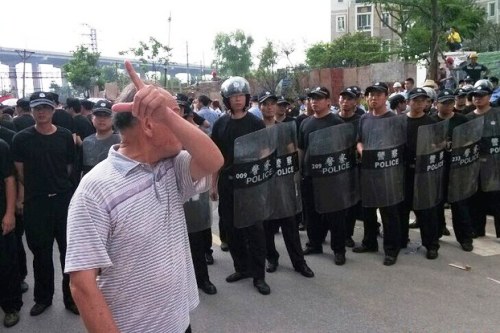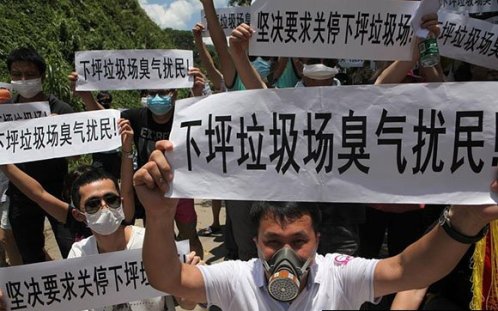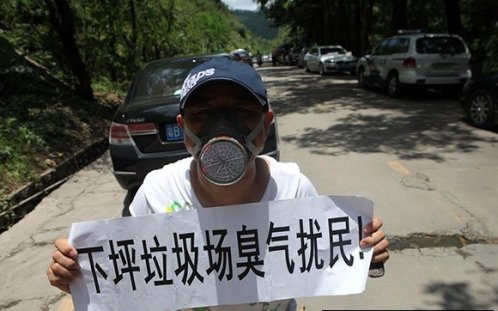Chinese Tourists Are Tossing Their Garbage Into South Korean Mailboxes
Posted: 01/16/2015 10:00 amIt’s always hard to fault someone for having good intentions, and there aren’t many other groups as derided as Chinese tourists when traveling abroad. But even when they try and do the right thing, sometimes it’s completely wrong.
This is the case in South Korea where a newspaper is reporting that Chinese tourists visiting Seoul are in the habit of mistakenly disposing their garbage into the capital’s mailboxes.
The Korean Daily reported on January 9 that the problem has gotten so bad that mailboxes located in front of the Lotte Department Store need to clean out 10 liters worth of garbage every week. Over at the entrance to East Peace Gate Plaza, the situation is less severe, with two to three liters of garbage every week piling up.
While this could be an honest mistake made by any foreign visitor to South Korea, it looks to be a particularly Chinese problem. The trash includes cigarette butts, orange peels, and opened sunflower seeds which are commonly associated with Chinese tourists.
As embarrassing as this may be, a Chinese report explains Chinese tourists may not totally be at fault. It says there is a lack of proper signage for Chinese tourists and few public garbage cans in South Korea. In fact, South Koreans are in the habit of taking their garbage home with them, or giving it to a shop or restaurant.
The Chinese report further explains that the situation in South Korea isn’t so strange since garbage cans are rare throughout many Asian countries. Lan Jianzhong, a Xinhua reporter in Tokyo, said there are no garbage cans on the streets and in parks of Japan. Chen Jipeng, a Xinhua reporter in Singapore, said garbage cans are rare in subways, carriages or on public transportation throughout the city-state.
Public garbage cans became hard to find in the 1990s in Korea after the government implemented a restrictive garbage policy to reduce garbage production. While some still argue that garbage cans are hard to find in Seoul, public trash receptacles are actually making a comeback. Just last August, the municipal government agreed to add 1,000 more public trash cans to the city in response to the high use of disposable coffee cups. This stands in addition to the 4,400 trash bins already in place throughout the city.
If you’ve never seen one before, this is what a public trash bin in South Korea looks like:


 Photo: Shenzhen Police, phys.org, thatbackpacker, blog korea
Photo: Shenzhen Police, phys.org, thatbackpacker, blog korea





























